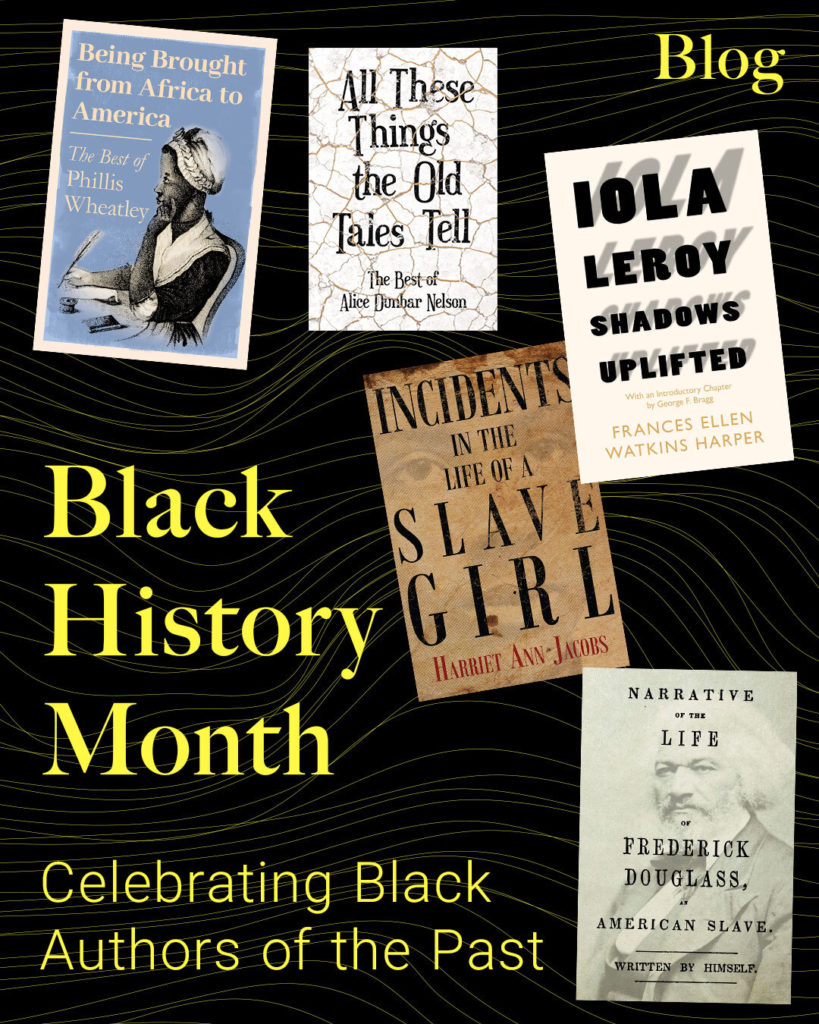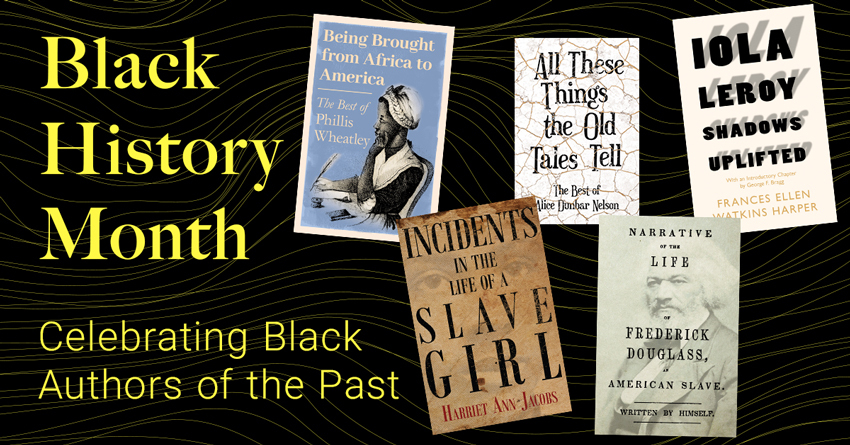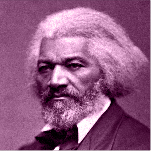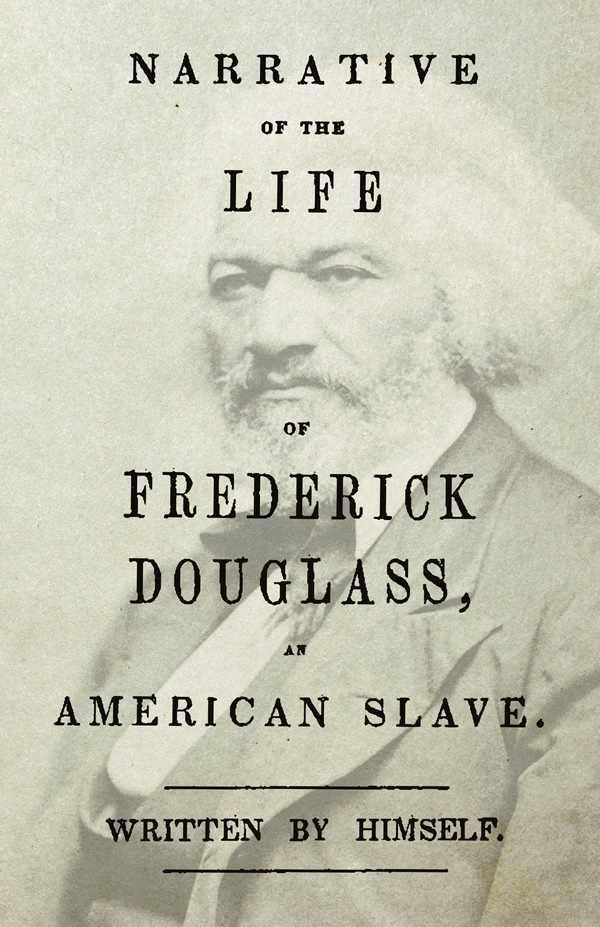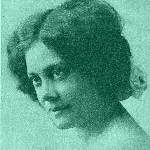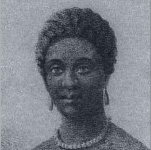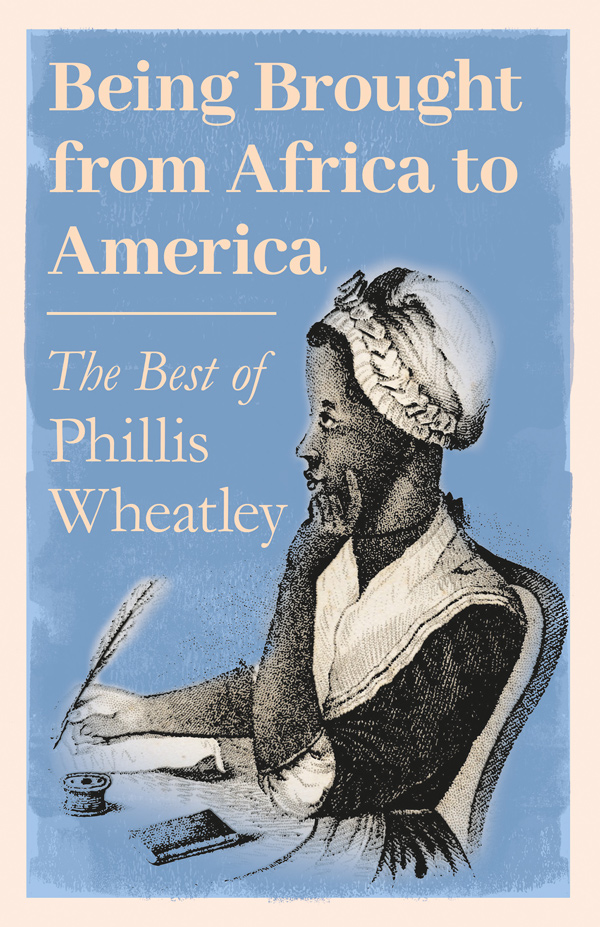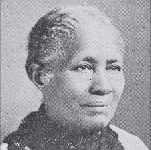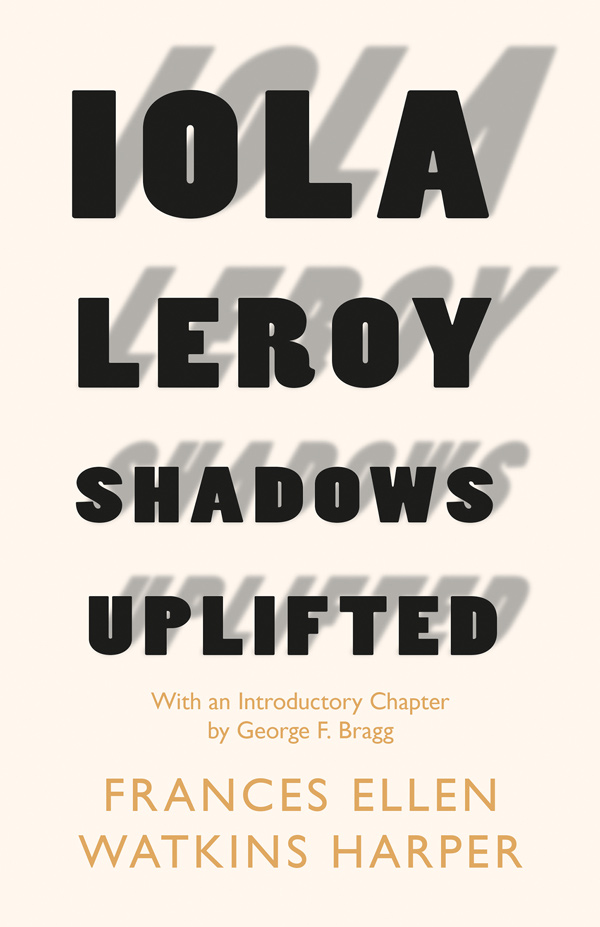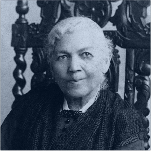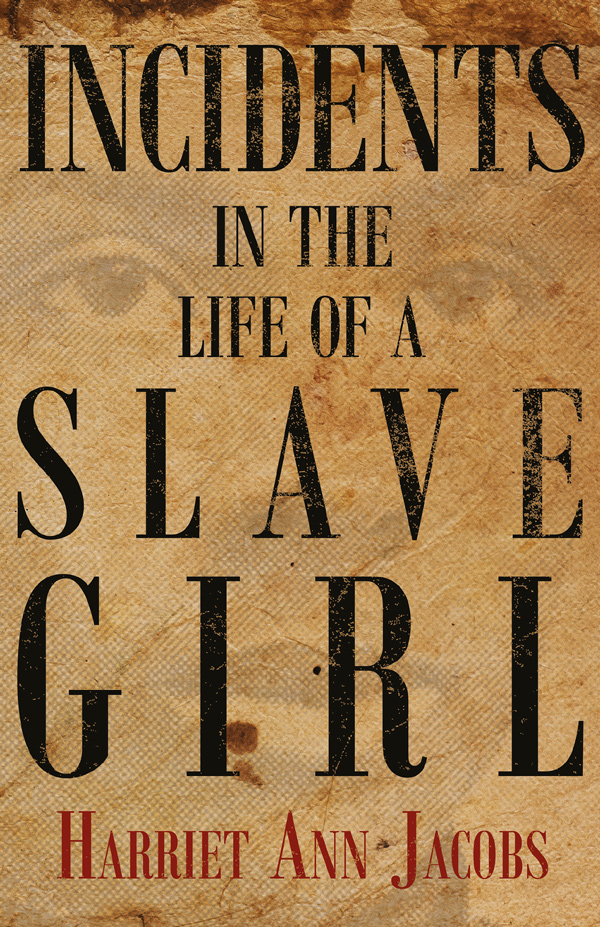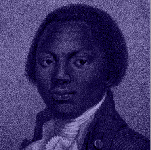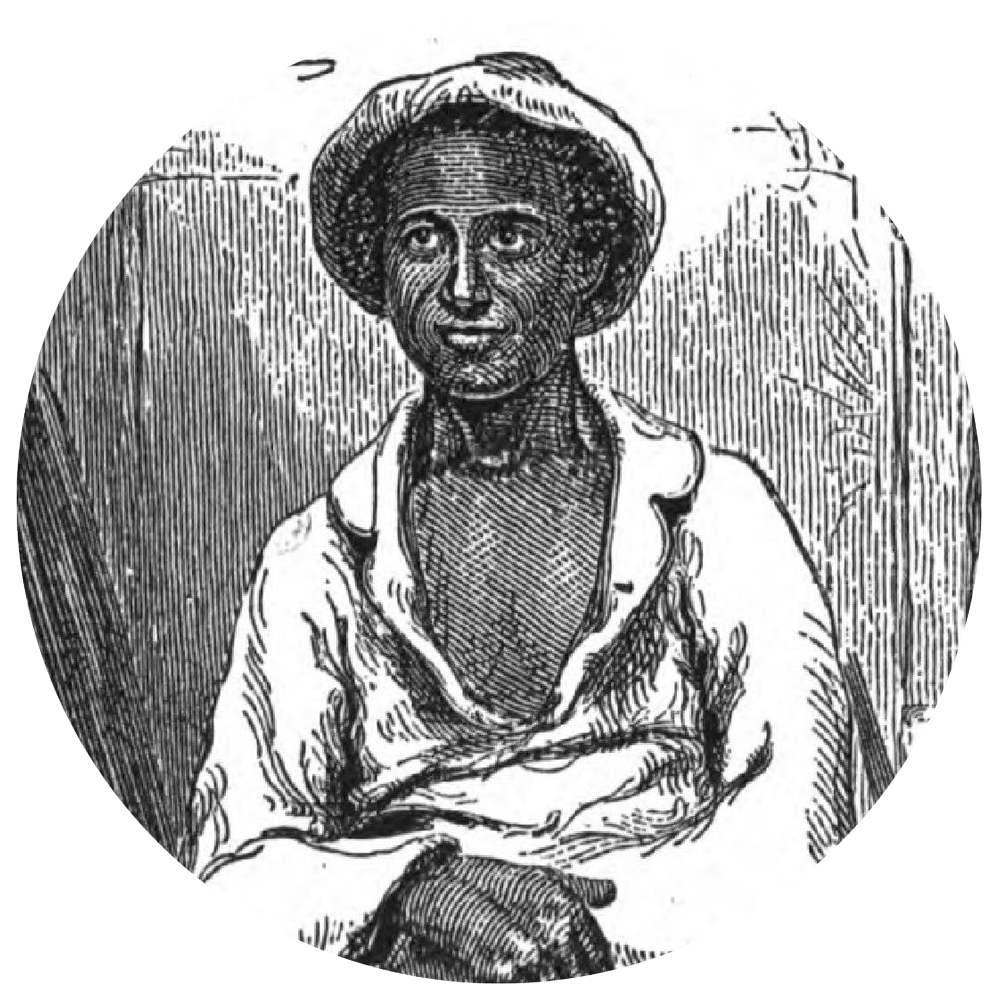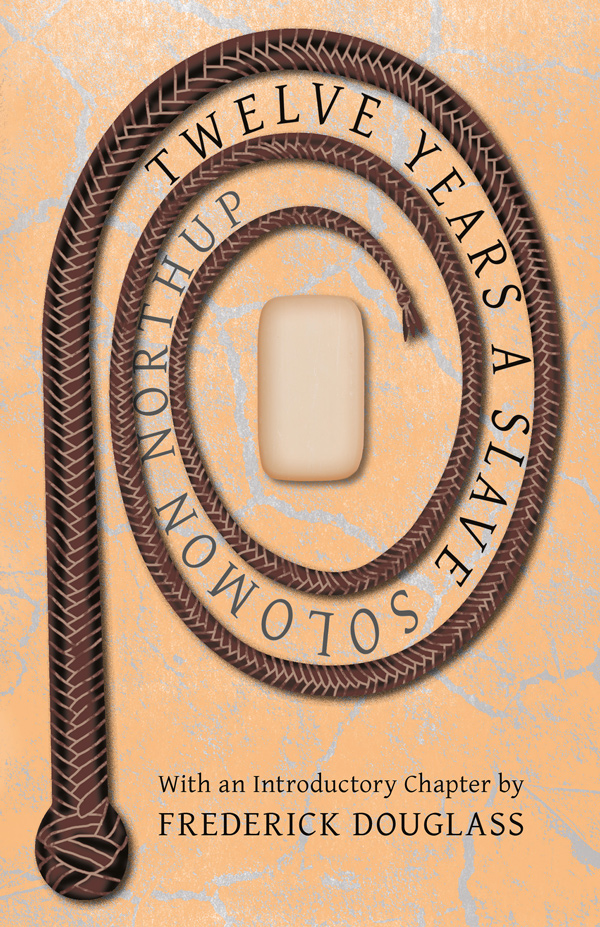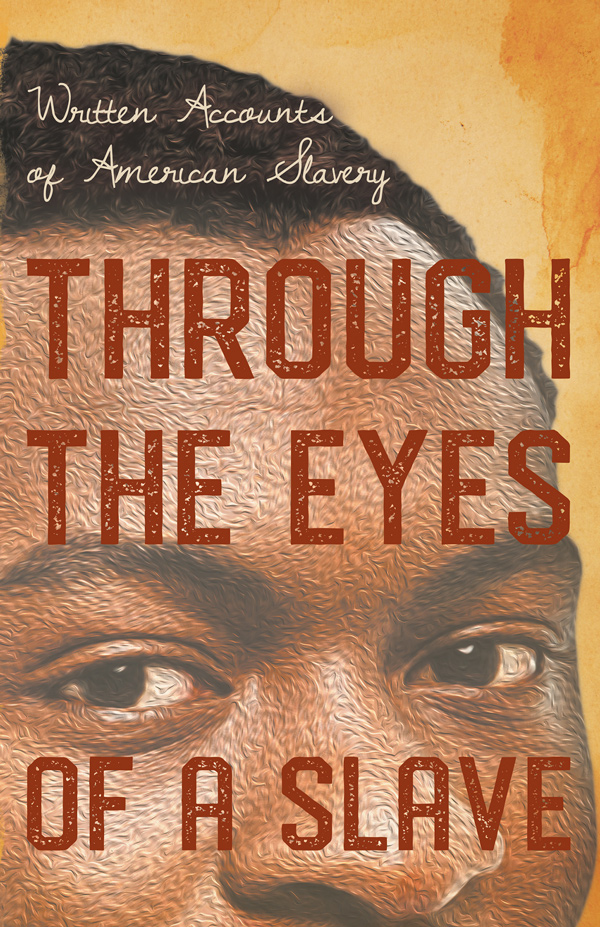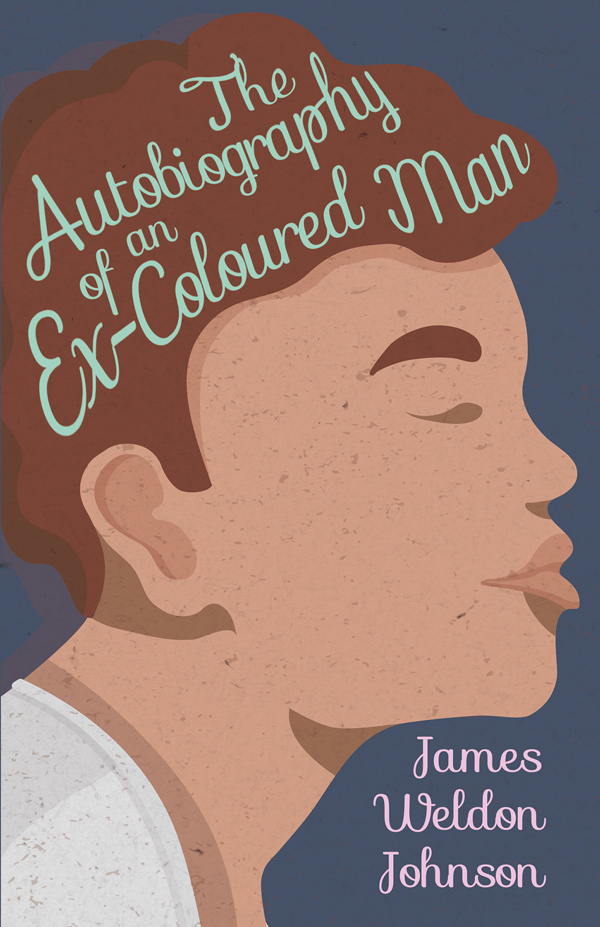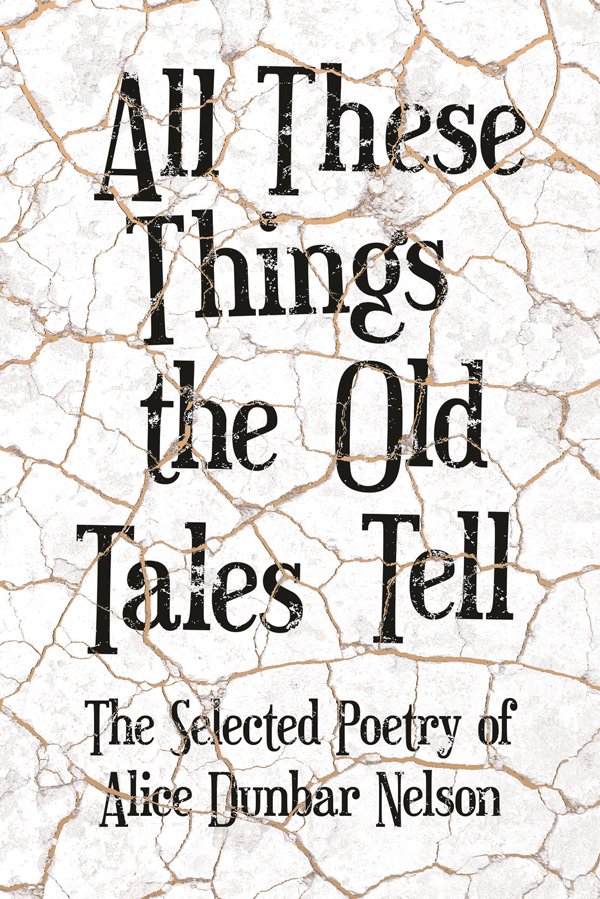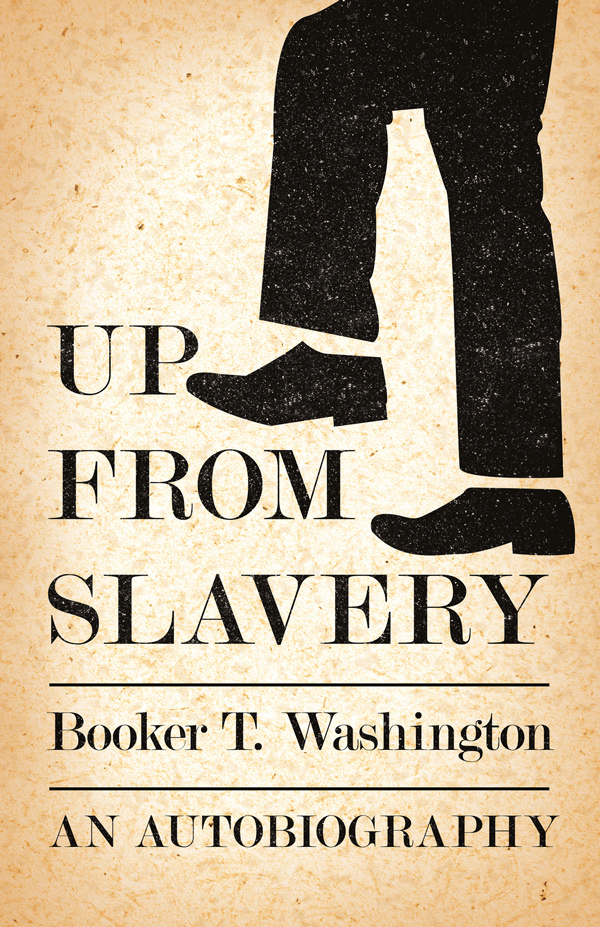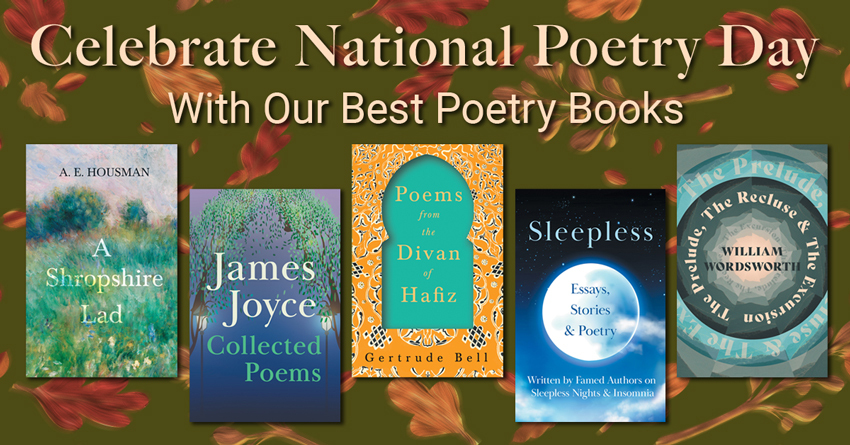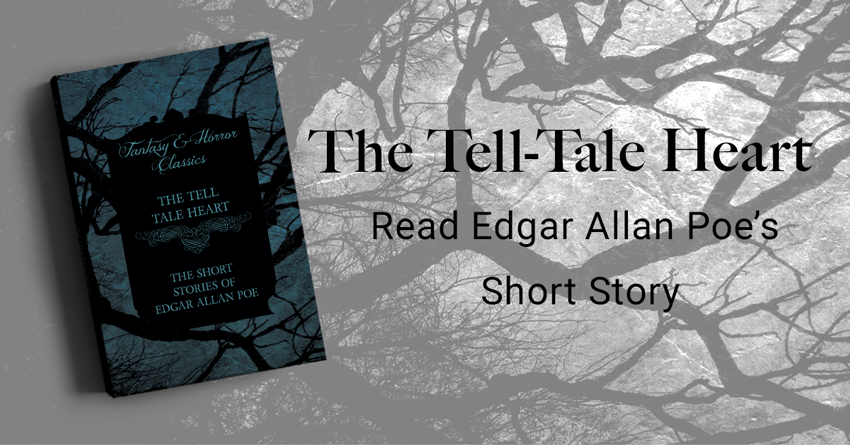Black History Month was founded in 1926 by Carter G. Woodson and is an annual celebration of the achievements made by people of African Heritage. Originating in the US, it is now a globally recognised celebration of knowledge, heritage, and culture.
It’s more important than ever to recognise, remember, and celebrate the Black authors that have contributed to literary history. In honour of Black History Month, discover a list of African American authors as we explore their personal history and the impact their actions had on the world that we know today.
Frederick Douglass
Frederick Douglass was an escaped slave turned prominent activist, author, and public speaker. He became a leader in the abolitionist movement, which sought to end slavery before and during the civil war.
He was born into slavery in Talbot Country, Maryland, in 1818. His birth name was Frederick Bailey, which he kept for most of his life until he changed it after his escape. Having been separated from his mother at birth, he lived with his maternal grandmother up to the age of 6, when he was transported to Wye House Plantation under the ownership of the Auld family.
Despite his horrific living conditions, Douglass was helped by Sophia Auld, the wife of his owner, to learn the alphabet at a young age. From there, he taught himself how to read and write, and before his escape, was known for teaching other slaves how to read using the Bible. Word spread about his efforts to educate other slaves and, as punishment, he was sent to Edward Covey, a renowned slave breaker, where he was regularly beaten.
After several failed attempts, Douglass finally left Covey’s farm for Maryland in 1838. With the help of Anna Murray, a freed slave and his future wife, he successfully boarded a train dressed as a sailor, with false papers declaring him a free Black seaman. He arrived in New York 24 hours later at the safe house of abolitionist David Ruggles.
After marrying and moving to New Bedford, Massachusetts, in 1838, he changed his last name to Douglass, in an act to make his name more noticeable in the area. The inspiration for his new name came from the poem The Lady of the Lake by Walter Scott.
Douglass began attending meetings of the abolitionist movement. It was at one of these meetings that he spoke publicly for the first time about his story of slavery and escape. He became a licensed preacher in 1839 and gave many speeches, including one at a station on the Underground Railroad. He engaged in early protests against segregated transportation and was thrown off a train for refusing to sit in a segregated coach.
Encouraged by an American journalist and fellow activist, William Lloyd Garrison, Douglass became a speaker and leader of the abolitionist movement and was compelled to publish his story of slavery.
“From my earliest recollection, I date the entertainment of a deep conviction that slavery would not always be able to hold me within its foul embrace; and in the darkest hours of my career in slavery, this living word of faith and spirit of hope departed not from me, but remained like ministering angels to cheer me through the gloom”
Frederick Douglass, Narrative of the Life of Frederick Douglass, an American Slave
His most famous work, his autobiography Narrative of the Life of Frederick Douglass, an American Slave, describes in detail his experiences as a slave and was one of the most influential works of literature in the abolitionist movement of the United States.
Although he was still in exile, the success of his book allowed him to tour Ireland and escape the widespread fame that could lead to his recapture. Douglass used the money made from his 1845 autobiography to buy his freedom a year after publication.
Upon his return to the US, he founded his own abolitionist paper The North Star. Here, he became involved in the Women’s Rights movement, using his paper to press the cause. He was the only African American to attend the first Women’s Rights Convention in New York, 1848, delivering a speech in favour of women’s suffrage.
By the time the Civil War broke out in 1861, Douglass was one of the most famous men in the country. He supported President Lincoln in the early years of the civil war, and after the Emancipation Proclamation was issued, he continued to fight for the end of slavery and for the right of newly freed Black Americans to vote. In 1888, Frederick Douglass was the first African American to receive a vote for President of the United States.
Continuing his activism work up until his death, he died aged 77 in 1895. His death was grieved by the masses with thousands of people passing his coffin to show their respect.
His life’s work still serves as an inspiration to those who seek equality and a more just society.
history.com
Alice Dunbar Nelson
Alice Dunbar Nelson was among one of the first generations to be born free after the Civil War in New Orleans, 1875. She was a novelist, poet, journalist, and political activist, famous for addressing issues of race and society in her work.
The daughter of mixed-race parents, Nelson’s mixed heritage of Anglo, Native American and Creole would go on to influence the complex social matters that she addressed in her work.
While living in New Orleans, she attended Straight University and completed a two-year teaching programme aged 17. She went on to study at Cornell University, the Pennsylvania School of Industrial Art, and the University of Pennsylvania and would continue a career in teaching for nearly all of her life.
Shortly after her first collection of work, Violets, and Other Tales, was published in 1895, she moved to New York. There, she helped establish the White Rose Mission in Harlem, a home for African American women who had recently arrived in the city. It was during this time that she was in contact with fellow American poet and novelist Paul Laurence Dunbar whom she would later marry in 1898.
She went on to publish many more collections of short stories, poetry, and essays, that became known for their poignancy and realism. Her work reflected the realities of the life of Black women in the late 1890s, mainly focusing on the issues that mixed-race people faced within their communities post-Civil War.
With her work, Alice Dundar Nelson was one of the prominent figures involved in the early period of the Harlem Renaissance – a social, intellectual, and artistic movement that centred in Harlem, New York. At the time it was known as ‘The New Negro Movement‘ and is now considered to have been a rebirth of the African American Arts.
Her reflections on the state of minorities and the poverty they often faced in the South inspired her to take up activism in hopes of making a true difference with the power she now held as an established author.
Grace Miller
After a tumultuous relationship, her first husband died in 1906. Nelson then moved to Wilmington, Delaware and taught at Howard High School for nearly a decade. This was followed by a short stint as a co-editor for the A. M. E. Review – an influential church publication produced by the African Methodist Episcopal Church.
Along with being an advocate for the treatment of mixed-race people in the south, she became avidly involved in the Women’s Suffrage Movement.
After one failed marriage in 1910, she married poet and activist Robert J. Nelson in 1916 and joined him in becoming active in politics. She became an activist for Black women who were marginalised within society and spoke publicly about issues such as healthcare and education. Her work shifted from poetry to essays and journalistic work that explored political and social issues focusing on the rights of Black women everywhere. She was a successful columnist, writing articles, essays, and reviews for newspapers, magazines, and academic journals.
Along with other women of the Harlem Renaissance, she explored racial issues throughout her work and remained a strong advocate for Black people and women’s rights up until her death in 1935.
Phillis Wheatley
Born around 1753 in Gambia, Africa, Phillis Wheatley spent most of her life enslaved. Despite this fact, she went on to become the first African American woman to publish a book of poetry in English.
After being transported from Africa to America in 1761, she was bought by the Wheatley family of Boston, Massachusetts, aged only eight years old. The family named her Phillis after the ship that brought her over and gave her their last name as per customs at the time.
The Wheatley family educated her, and at the age of 14, she began to write poetry. A year later, she would go on to write her most anthologised poem: On Being Brought from Africa to America. Even though she was still only young, her work gained her fame on both sides of the Atlantic.
With the encouragement and support of her masters, she began to advertise for subscribers for her first book of poems, and after finding a lack of support for literature written by an African in America, the Wheatley family turned to London for a publisher.
In 1773, she set out on a trip to London accompanied by Wheatley’s son, Nathaniel. She was met with adoration for her work, and with the help of funding from a wealthy friend of the Wheatley’s, later on in the year, her book Poems on Various Subjects, Religious and Moral, was published. Wheatley’s book of poems was a hit on publication and shot her to international fame. It aided the abolition movement, helping prove that a woman of her background could write poetry and become successful.
Almost simultaneously with her book being published, Phillis travelled back to Boston to tend to her extremely ill mistress, Susanna. Despite gaining her freedom shortly after her return, many members of the Wheatley family died during the late 1780s, including both of her masters. While little is known about the latter years of her life, it’s said that she married a free African American named John Peters and that they had three children, although they all died during birth. In 1784, due to complications with childbirth, Phillis Wheatley died in her early 30s.
As well as making a big contribution to American Literature, her success helped the cause of the abolition movement. Phillis Wheatley’s successes proved that African Americans were equally capable and intelligent human beings. She was honoured by many of America’s founding fathers and important societal figures, including George Washington.
Frances E. W. Harper
Francis Ellen Watkins Harper was an abolitionist, poet, suffragette, and author. She was born free in Baltimore, Maryland, and her writing career was long and prolific. Her most memorable work, Iola Leroy, or Shadows Uplifted, was one of the first novels ever published by an African American woman.
Orphaned aged just three, Frances Harper was raised by her aunt and uncle in Baltimore. Her uncle was an outspoken abolitionist who organised a Black literary society and established his own school in 1820, Watkins Academy for Negro Youth. She learnt from her uncle about activism and attended his school up to the age of 13 when she was expected to join the workforce. She worked as a seamstress and nursemaid for a white family that owned a bookshop, and by 22 she had written her first volume of poetry, Forest Leaves.
Continuing her uncle’s anti-slavery activism, she lived for a short time with William Still of the Anti-Slavery Society and was a prolific contributor and advocate of the Underground Railroad.
She held public talks and readings from her second book, drawing huge crowds at a time when Black people, especially women, weren’t favourable among the masses. The talks were so successful, that she led a two-year lecture tour in Maine for the Anti-Slavery Society.
Her seminal novel, Iola Leroy, or Shadows Uplifted, was published in 1892. This work challenged the cultural and social norms regarding women’s roles at the time and explored the notion that the colour of a person’s skin determined their social status and civil rights. It was the first novel ever published by an African American woman.
From threads of fact and fiction I have woven a story whose mission will not be in vain if it awaken in the hearts of our countrymen a stronger sense of justice and a more christianlike humanity in behalf of those who the fortunes of war threw, homeless, ignorant and poor, upon the threshold of a new era.
Frances E. W. Harper
Despite being published years after the 13th amendment ended slavery in 1865, there was still prominent discrimination against African Americans at the time. Her novel was popular with readers, but after negative feedback from literary critics, it remained out of print until the Black Feminist Literary Movement of the late 20th century.
Her continued activism turned to favour women’s suffrage, and in 1866 she gave a speech at the National Women’s Rights Convention. She demanded equal rights for all, including Black women. This would go on to have repercussions throughout the suffrage movement, with her commitment to the cause helping her to found the American Woman Suffrage Association.
She was an active member of many revolutionary organisations in the Black community for the rest of her life, working in the pursuit of equal rights. She died in Philadelphia at the age of 86, in 1911, nine years before women gained the right to vote.
Harriet Jacobs
Harriet Jacobs was an African American writer responsible for one of the most significant slave narratives ever written, Incidents in the Life of a Slave Girl.
Born into slavery in North Carolina, in 1813, Harriet Jacobs was orphaned while she was still a child. She was taught to read at an early age and formed a close bond with her maternal grandmother, who had been freed from slavery.
In 1825, she was sold to Dr James Norcom, and although she was barely a teenager, she endured years of sexual abuse at the hand of her master. When she refused to become his concubine, she entered into a relationship with a white neighbour, Samuel Tredwell Sawyer, and the couple had two children. She hoped that she would be freed by her master because of her children, but because she was still owned by Norcom, her children became his property. He threatened to sell her children if she continued to refuse his sexual advances.
“Whatever slavery might do to me, it could not shackle my children. If I fell a sacrifice, my little ones were saved.”
Harriet Jacobs
She plotted her escape with the intention of leaving her children with their grandmother in better living conditions, and away from the terrible Norcom. She successfully stowed herself away in her grandmother’s gloomy attic, a room of such tiny proportions that she couldn’t even stand up, and watched her children grow up secretly through a crack in the wall. She hid in that room for nearly seven years.
In 1842, she was smuggled on a boat to North Philadelphia and then moved to New York where she worked as a nurse for writer Nathaniel Parker Willis. Later on, she was bought her freedom by Willis’ second wife. The children’s father also bought their freedom but refused to set them free. Unable to reunite with her children, she reconnected with her brother who was also a fugitive slave living in New York. The pair became much involved with the abolitionist movement, and eventually met abolition activist Frederick Douglass.
Jacobs worked in the anti-slavery reading room above Frederick Douglass’ newspaper, The North Star. She taught herself how to write, and with the encouragement of her new friend Amy Post, a Quaker reformer, she began to write her story of enslavement.
Publishing a handful of anonymous letters to the New York Tribune, her stories of sexual abuse shocked readers. When she finished the full manuscript, the publication made her the first woman to author a slave narrative in the US. With the help of Amy Post and white abolitionist Lydia Maria Child, Incidents in the Life of a Slave Girl was published in 1861 under the pseudonym Linda Brent.
Her story became one of the first open discussions about sexual harassment and abuse endured by slave women.
Nadra Kareem Nittle
After the Civil War, Jacobs was finally reunited with her children. Towards the end of her life, she dedicated her time to helping others working as a social worker and helping support the recently freed slaves back in her home town of North Carolina. She died aged 84 in Washington D.C.
For a long time after her death, her autobiography was understood to be a fictional novel written by Lydia Maria Child, due to the fictional names and the pseudonym Jacobs had used. It was only after American historian Jean Fagan Yellin unearthed a variety of historical documents that established Jacobs as the sole author that the novel was proved to be her autobiography. The book was then republished in 1987, over 100 years after its original publication.
Her autobiography made an impact on the abolition movement at the time of release, but since it was rediscovered in the Civil Rights Movement of the 1960s, it is now seen as one of the most significant, honest, and empowering narratives of slavery. Incidents in the Life of a Slave Girl continues to be considered an American classic.
Olaudah Equiano
Olaudah Equiano, known for most of his life as Gustavus Vassa, was a writer and abolitionist. He was a huge supporter of the British Abolitionist Movement and an active leader of the anti-slave movement in the 1780s. His autobiography The Interesting Narrative in the Life of Olaudah Equiano depicted the horrors of slavery and helped gain passage of the British Slave Trade Act in 1807.
Born in 1745, in the Kingdom of Benin (now known as southern Nigeria), Equiano came from a large family. He was enslaved as a child, taken to the Caribbean and sold as a slave to Royal Navy Officer, Henry Pascal. Pascal renamed him ‘Gustavus Vassa’, a name that Equiano would go on to use for most of his life. Under the enslavement of the Naval Officer, he accompanied his master through the Seven Years’ War with France and was expected to assist the ship’s crew through times of battle. He witnessed horrific battles such as the Siege of Louisbourg, The Battle of Lagos, and the Capture of Belle Ile. Pascal supported Equiano after the wars and sent him to England to be educated by his sister-in-law.
In 1762, he was sold again and transported back to the Caribbean where he would go on to be sold once more before he bought his own freedom in 1766 for £40.
I still look back with pleasure on the first scenes of my life, though that pleasure has been for the most part mingled with sorrow.
Olaudah Equiano
Settling in London in 1780, he became involved in the abolitionist movement. He was well known amongst the abolitionists, befriending the many that supported his work and continued to spread awareness about the slave trade.
He published his memoir: The Interesting Narrative of the Life of Olaudah Equiano, or Gustavus Vassa, the African in 1789. The book went through nine editions in his lifetime and was widely read in England. It is one of the earliest-known examples of published writing by an African American author and kickstarted the influential slave narrative genre. Readers were surprised by the quality of the writing and imagery, and the book spurred an anti-slavery movement in Britain, Europe, and the Americas.
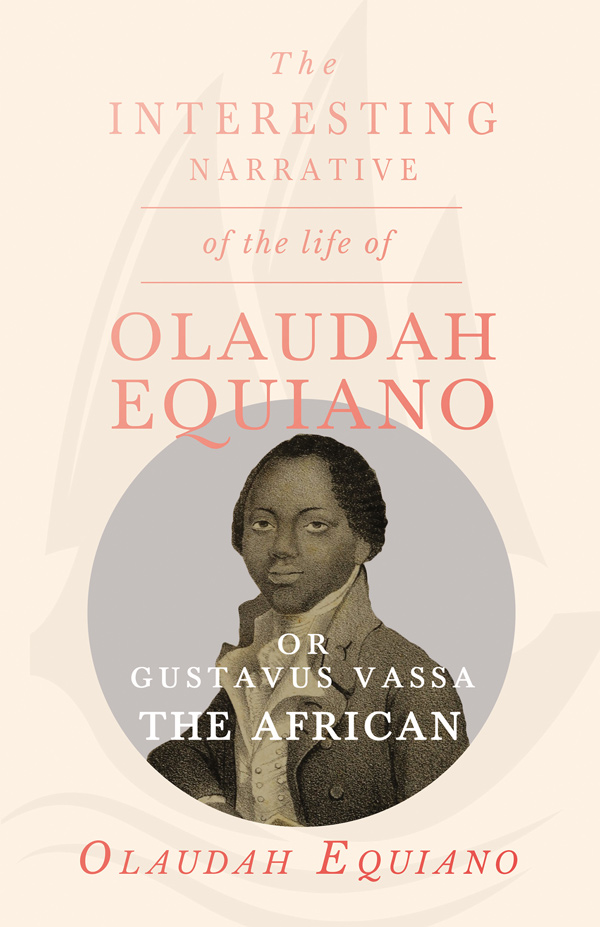
After marrying and settling in Cambridge, Equiano continued his abolitionist work, becoming a leader in the movement in the 1780s where he would lecture against the slave trade. He worked to improve economic and social issues in Africa and was involved in working in Sierra Leone – a colony founded in 1808 for freed slaves in West Africa.
Following the United States gaining independence, Equiano spent the latter half of his life helping the Black poor of London, who were mostly freed slaves from America and the Caribbean. He was one of the leading members of the Sons of Africa, a small abolitionist group of free Africans in London, that worked closely with the Society for the Abolition for the Slave Trade.
After committing his free life to activism and supporting the abolition of the slave trade, his death in 1797 was reported on both sides of the Atlantic.
He is valued by critics as a pioneer in asserting the dignity of African life in the white society of his time. The Interesting Narrative of the Life of Olaudah Equiano, or Gustavus Vassa, the African is seen as an exceptional piece of English literature by an African author and is valued as the most extensive account of an eighteenth-century slave’s life, documenting the difficult journey from slavery to freedom. His work ultimately aided the passing of the British Slave Trade Act of 1807, which illegalised the slave trade.
Solomon Northup
Solomon Northup was an American abolitionist and the primary author of the memoir Twelve Years a Slave, a story that was adapted into a smash hit blockbuster of the same name, released in 2013. Born free in New York on 10th July 1802, he was the son of a freed slave and a free woman of colour.
Up until 1841, Northup had made a fine living for himself owning land in Washington County as well as spending his working life as a professional violinist and farmer. In 1841, he was offered a travelling musician job and went to Washington D.C. It was here that he was drugged, kidnapped, and sold as a slave to slave trader James H. Birch. While slavery had been abolished in many states, it remained legal in Washington, with the city having one of the biggest slave markets and a population of slave catchers. After his kidnapping and sale, Northup was shipped to New Orleans where he was bought by a planter.
He was held as a slave for 12 years in the Red River region of Louisiana and remained a slave until he met Samuel Bass, a Canadian working on his plantation who helped get word to New York, where state law provided aid to free New York citizens who had been kidnapped and sold into slavery. With the help of his friends and family, who enlisted the aid of the Governor of New York (Washington Hunt), Northup regained his freedom on 3rd January 1853.
Solomon Northup
During his first year of freedom, he published the memoir Twelve Years a Slave, 1853. He lectured on behalf of the abolitionist movement, giving speeches throughout the northeast about his experiences, using his case to raise awareness and built momentum against slavery.
His memoir tells the story of his kidnapping and enslavement in great detail, using it as a tool to illuminate his experiences and verify what life was really like on a plantation.
The book sold over 30,000 copies within three months, putting it in the same bestselling category as Harriet Beecher Stowe’s slavery novel Uncle Tom’s Cabin.
Although his case was not uncommon, Northup was one of the few people who regained their freedom after being sold into slavery. In 1854, he sued those involved in his kidnapping and sale, and while many were arrested and tried over their involvement, Northup could not testify against them as it was illegal at the time for Black men to testify in court. The case went on for three years until it was eventually dropped in 1857.
Discover more from our Read & Co. History Imprint:
Loved this post? Say it with a pin!
